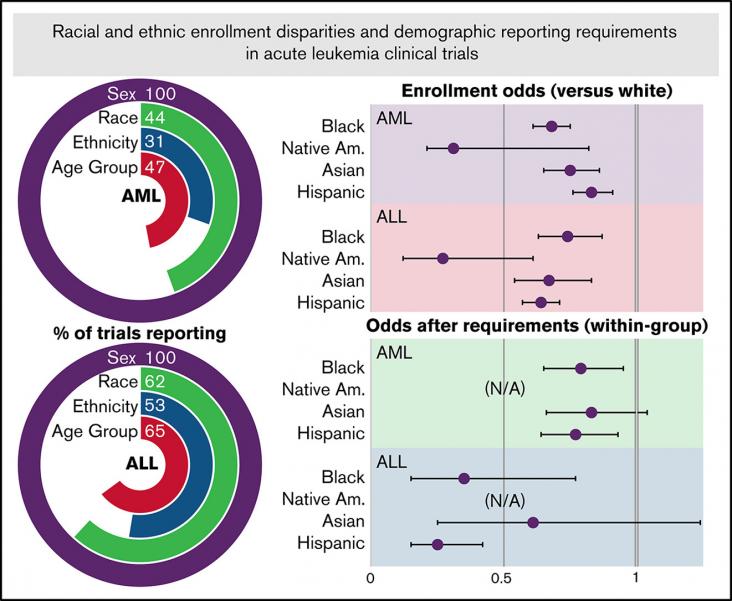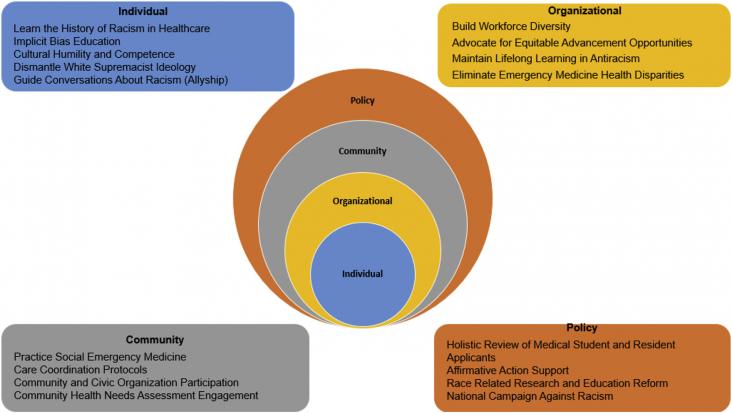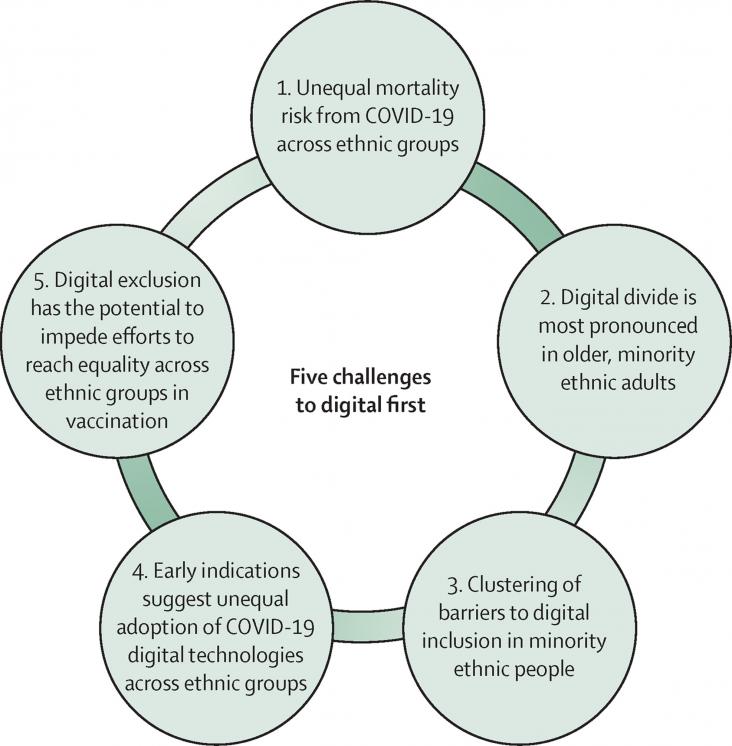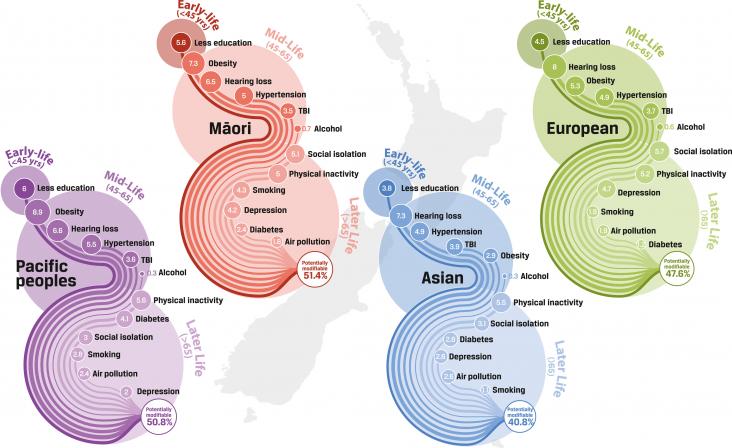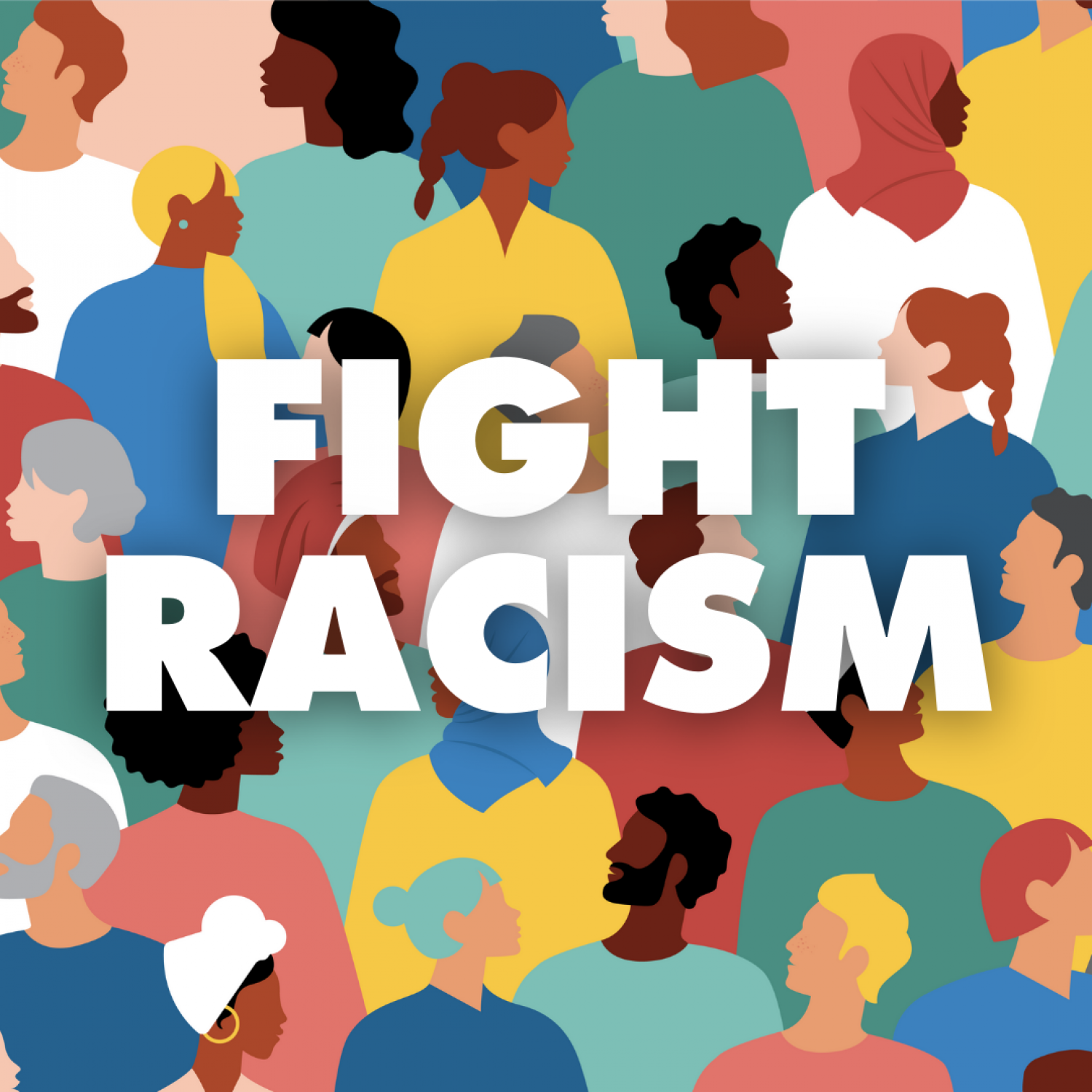
March 21st is acknowledged and celebrated worldwide as the International Day for the Elimination of Racial Discrimination. It aims to encourage society to disown and disregard racial discrimination. The UN resolution (A/RES/2142 (XXI)) that was adopted on 26 October 1966, declares that any kind of racial discrimination is condemnable and the global community is determined to eliminate racial discrimination from its roots wherever it exists in the world. The International Day for the Elimination of Racial Discrimination is observed annually on the day the police in Sharpeville, South Africa, opened fire and killed 69 people at a peaceful demonstration against apartheid "pass laws" in 1960.
Nurse Education Today, Volume 110, March 2022
Objectives: To synthesize literature about teaching social justice to nursing students and identify approaches for effective teaching of social justice issues in nursing education. Design: An integrative review. Data sources: Literature was searched in CINAHL, PubMed, Scopus, Science Direct, and OVID databases. In total, 32 articles were assessed for full-text eligibility, and 18 articles published from January 2011 until August 2021 were critically appraised and reviewed. Review methods: Articles were appraised using Mixed Methods Appraisal Tool.
Translational Oncology, Volume 16, February 2022
Colorectal cancer (CRC) is the third leading cause of cancer-related deaths in the United States. Despite increased screening options and state-of-art treatments offered in clinics, racial differences remain in CRC. African Americans (AAs) are disproportionately affected by the disease; the incidence and mortality are higher in AAs than Caucasian Americans (CAs). At the time of diagnosis, AAs more often present with advanced stages and aggressive CRCs, primarily accounting for the racial differences in therapeutic outcomes and mortality.
The Lancet Regional Health - Europe, Volume 13, February 2022
Current biology : CB, Volume 32, 10 January 2022
The Lancet Digital Health, Volume 4, January 2022
EClinicalMedicine, Volume 43, January 2022
The Lancet Public Health, Volume 6, September 2021
The Lancet Regional Health - Western Pacific, Volume 13, August 2021
The Lancet Global Health, Volume 9, July 2021
The Lancet Child and Adolescent Health, Volume 5, July 2021
The Lancet Global Health, Volume 9, July 2021
eClinicalMedicine, Volume 37, July 2021
eClinicalMedicine, Volume 37, July 2021
The Lancet Diabetes and Endocrinology, Volume 9, July 2021
eClinicalMedicine, Volume 36, June 2021
EClinicalMedicine, Volume 36, June 2021
EClinicalMedicine, Volume 35, May 2021
EClinicalMedicine, Volume 35, May 2021
EClinicalMedicine, Volume 34, April 2021
EClinicalMedicine, Volume 34, April 2021
EClinicalMedicine, Volume 34, April 2021
The Lancet Digital Health, Volume 3, April 2021
The Lancet Global Health, Volume 9, April 2021
The Lancet Healthy Longevity, Volume 2, March 2021
The Lancet Digital Health, Volume 3, March 2021
The Lancet Public Health, Volume 6, March 2021
The Lancet Global Health, Volume 9, February 2021
Med, Volume 2, 15 January 2021
The Lancet Global Health, Volume 8, August 2020
The Lancet Global Health, Volume 8, May 2020
The Lancet Global Health, Volume 8, March 2020
The Lancet Digital Health, Volume 3, April 2021
The Lancet Digital Health, Volume 3, March 2021
The Lancet Digital Health, Volume 4, January 2022
The Lancet Digital Health, Volume 3, April 2021
Data-driven digital health technologies have the power to transform health care. If these tools could be sustainably delivered at scale, they might have the potential to provide everyone, everywhere, with equitable access to expert-level care, narrowing the global health and wellbeing gap. Conversely, it is highly possible that these transformative technologies could exacerbate existing health-care inequalities instead.
Advances in Transport Policy and Planning, Volume 8, 2021, Pages 1-31
Mental and Behavioral Health of Immigrants in the United States, Cultural, Environmental, and Structural Factors, 2020, Pages 157-178
Mental and Behavioral Health of Immigrants in the United States, Cultural, Environmental, and Structural Factors, 2020, Pages 219-252
Confronting Prejudice and Discrimination, The Science of Changing Minds and Behaviors, 2019, Pages 275-297
Navigating Academia, A Guide for Women and Minority STEM Faculty, 2015, Pages 155-168
Not Just Bad Kids, The Adversity and Disruptive Behavior Link 2022, Pages 569-594
The Lancet Regional Health - Americas, Volume 2, October 2021
Background: Many states in the United States (US) have introduced barriers to impede voting among individuals from socio-economically disadvantaged groups. This may reduce representation thereby decreasing access to lifesaving goods, such as health insurance. Methods: We used cross-sectional data from 242,727 adults in the 50 states and District of Columbia participating in the US 2017 Behavioral Risk Factor Surveillance System (BRFSS). To quantify access to voting, the Cost of Voting Index (COVI), a global measure of barriers to voting within a state during a US election was used.



